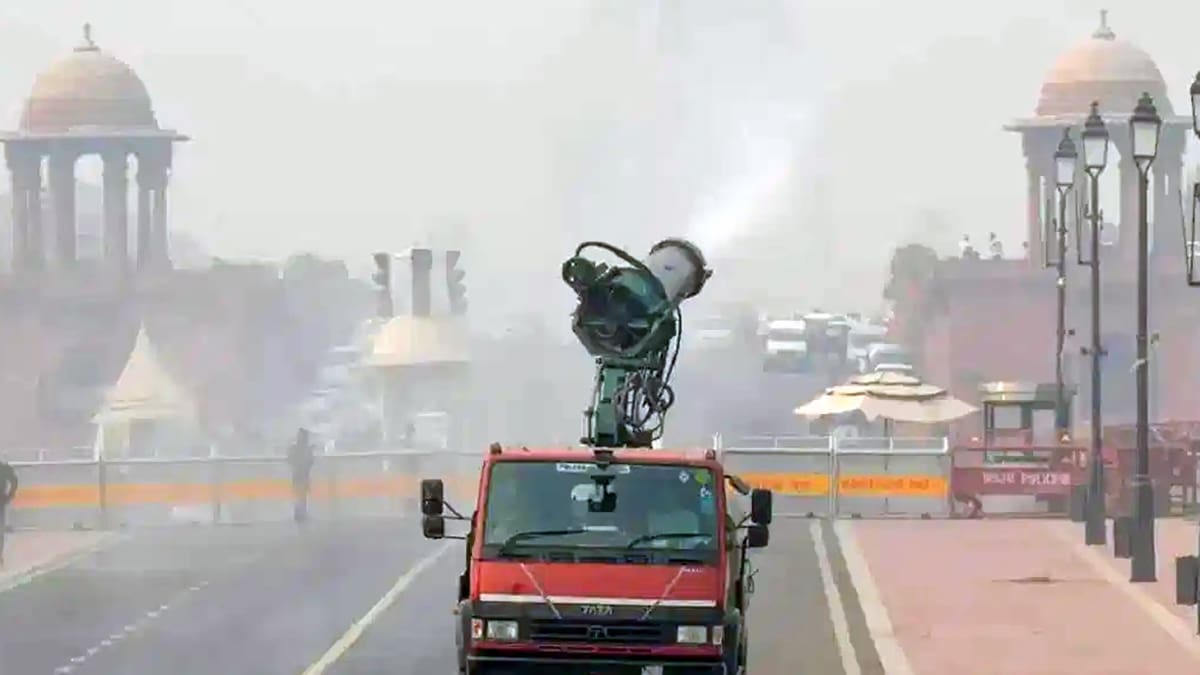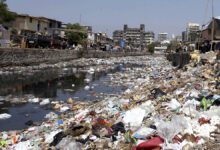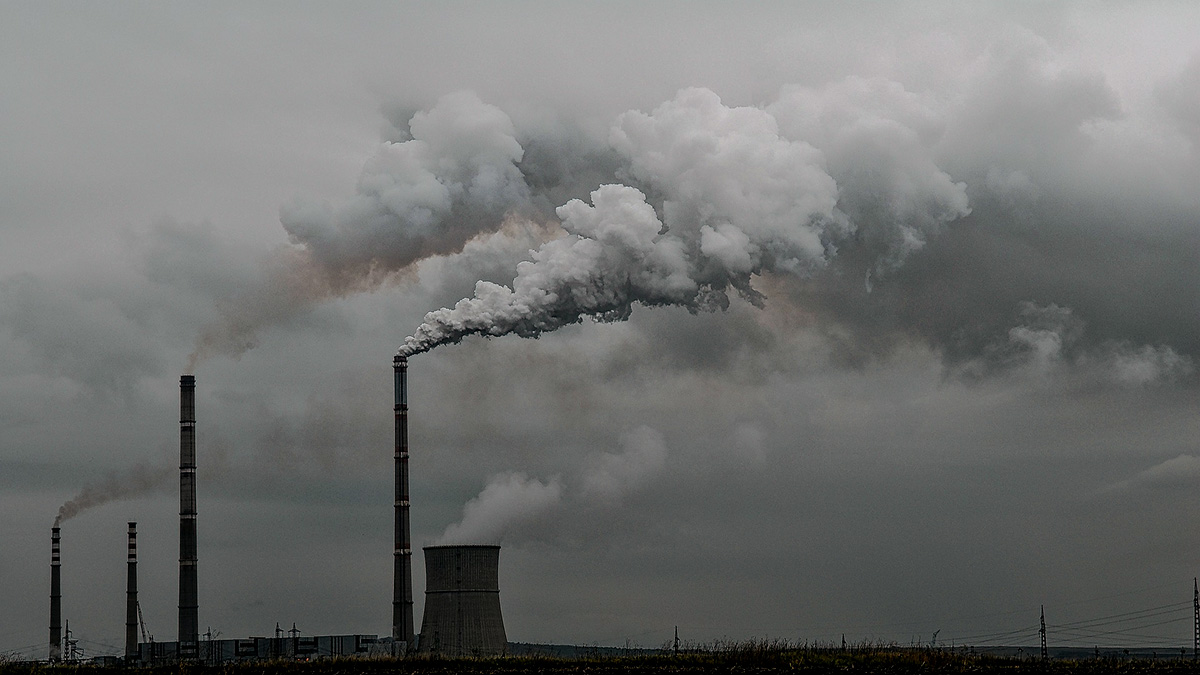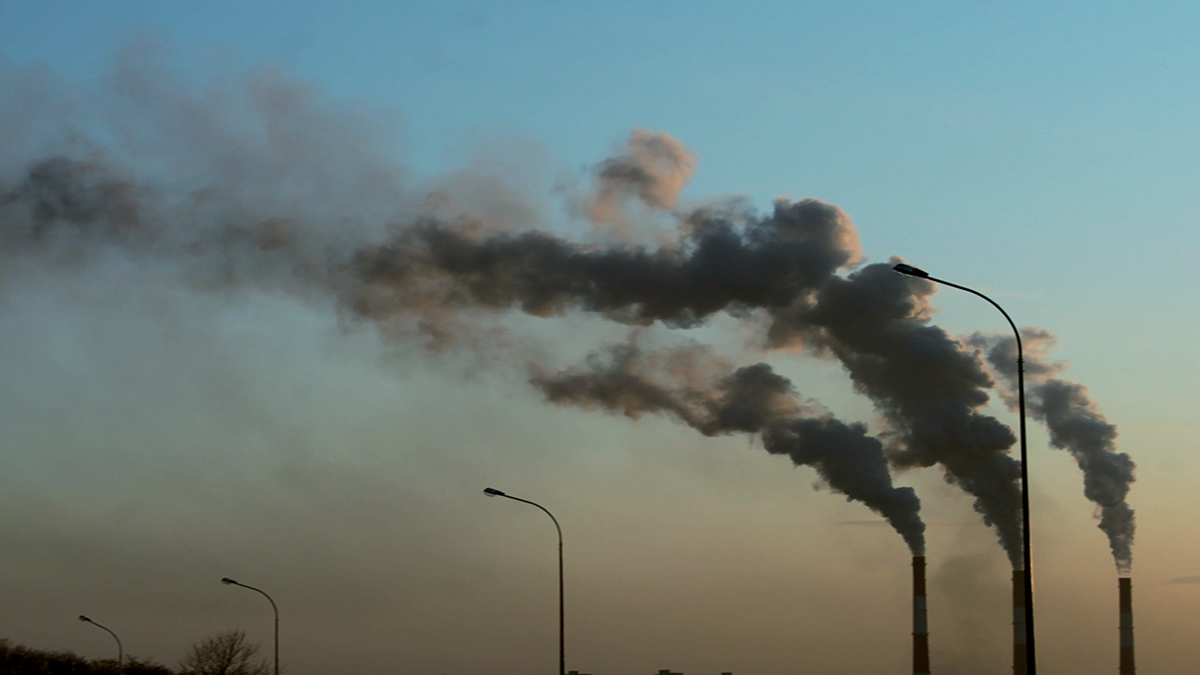In response to the deteriorating air quality in Delhi-NCR, the Commission for Air Quality Management (CAQM) has invoked Stage-III of the Graded Response Action Plan (GRAP) with immediate effect. The decision comes as Delhi’s Air Quality Index (AQI) surged from 276 on January 28 to 365 on January 29, as per the Central Pollution Control Board (CPCB) bulletin.
The sharp decline in air quality is attributed to calm winds, low mixing height, and a smoggy environment, preventing the dispersion of pollutants. Given the prevailing meteorological forecasts from the India Meteorological Department (IMD) and Indian Institute of Tropical Meteorology (IITM), the Sub-Committee on GRAP held an urgent meeting and decided to enforce Stage-III restrictions across NCR.
A nine-point action plan has been put into effect, covering stringent restrictions on construction and demolition (C&D) activities, vehicular movement, and industrial operations to curb pollution levels.
Construction and demolition activities have been strictly restricted under Stage-III measures. Prohibited activities include earthwork for excavation, piling, drilling, and filling; all demolition activities; open trench laying for sewer, water, drainage, and electrical cabling; operation of Ready-Mix Concrete (RMC) batching plants; brick masonry work; painting, polishing, and varnishing; road construction and major repair works; and the transfer and transportation of dust-generating materials like cement, sand, fly ash, and bricks. However, limited construction work will be permitted for specific public infrastructure projects, such as railways, metro stations, airports, bus terminals, national security projects, healthcare facilities, sanitation projects, highways, power, and telecom developments.
Vehicular restrictions have also been imposed to curb emissions. The use of BS-III petrol and BS-IV diesel four-wheelers has been banned in Delhi, Gurugram, Faridabad, Ghaziabad, and Gautam Budh Nagar. Additionally, Delhi-registered diesel Medium Goods Vehicles (MGVs) below BS-VI standard are prohibited unless carrying essential goods, and BS-IV diesel Light Commercial Vehicles (LCVs) from outside Delhi are not allowed to enter the city, except for essential services.
To minimise exposure to pollution, educational institutions have been directed to implement hybrid learning for students up to Class V in Delhi, Gurugram, Faridabad, Ghaziabad, and Gautam Budh Nagar. The NCR State Governments may also extend this model to other affected regions. Moreover, public offices and municipal bodies in Delhi-NCR are advised to stagger working hours to reduce congestion and vehicular emissions. The central government may also consider similar adjustments for its offices in NCR.
Citizens have been urged to cooperate with GRAP implementation by adopting eco-friendly practices such as walking or cycling for short distances, using public transport or carpooling, avoiding coal and wood for heating purposes, reducing trips by combining errands, and providing electric heaters to domestic staff to prevent biomass burning.
As Delhi-NCR battles rising pollution levels, authorities emphasise the need for strict compliance with GRAP measures to prevent further deterioration. The CAQM continues to monitor the situation closely and will update restrictions as required. Citizens and businesses are urged to cooperate fully in mitigating air pollution and ensuring better air quality for the region.







